Navigate puberty discussions neurodivergent children.
✅ What age should you have conversations about puberty and sex?
✅ How to have open, honest and ongoing conversations about puberty
✅ Teaching children about changes in the opposite sex
✅ Keeping children safe online
✅ Hygiene is an important part too
✅ Talking to children about our bodies
✅ Top resources for talking about puberty and sex
✅ Tailoring Period Education for Autistic Needs – Discover strategies to bridge the gap in period education for autistic individuals.
✅ Step-by-Step Guidance for Menstrual Mastery
✅ The importance of visuals in providing step-by-step menstrual guidance.
✅ Autism-Friendly Period Product Options – Uncover autism-friendly period product options tailored to diverse sensory needs.
✅ Foster open conversations to normalize the menstrual cycle in inclusive environments.
✅ How to ensure choice and autonomy by using the flap system for controlled period education.(in the book)
Puberty is part of natural development for all children. Puberty usually starts in girls around 10-11 and boys 11-12. Menstruation for girls typically occurs between 12 and 13, while voice changes for boys is often around 15. We ALL need to have on-going discussions with the child and this is where having both home and school helping the child’s understanding is vital. Boys and girls need to know about their changes and changes in the opposite sex too (particularly, if they have opposite sex siblings or are at co-ed schools). It is important to start sharing this information with them before the changes occur otherwise the children may worry that something is wrong with them. I know some parents who talk about the changes before they happen and then as they happen their children tell them and they celebrate!
Open, honest and on-going information is most effective, and not too much information all at once! That being said some children want to know everything and that is where books can be wonderful.

9 Top Tips and Strategies
1.
Incorporate visuals that accurately represent actions from the viewer’s perspective, avoiding mirror images that can be confusing.
2.
Offer a range of menstrual product options, including cups, cloth pads, and period underwear, catering to diverse sensory needs.
3.
Provide precise quantitative information, such as the average blood loss during menstruation, to address potential misconceptions.
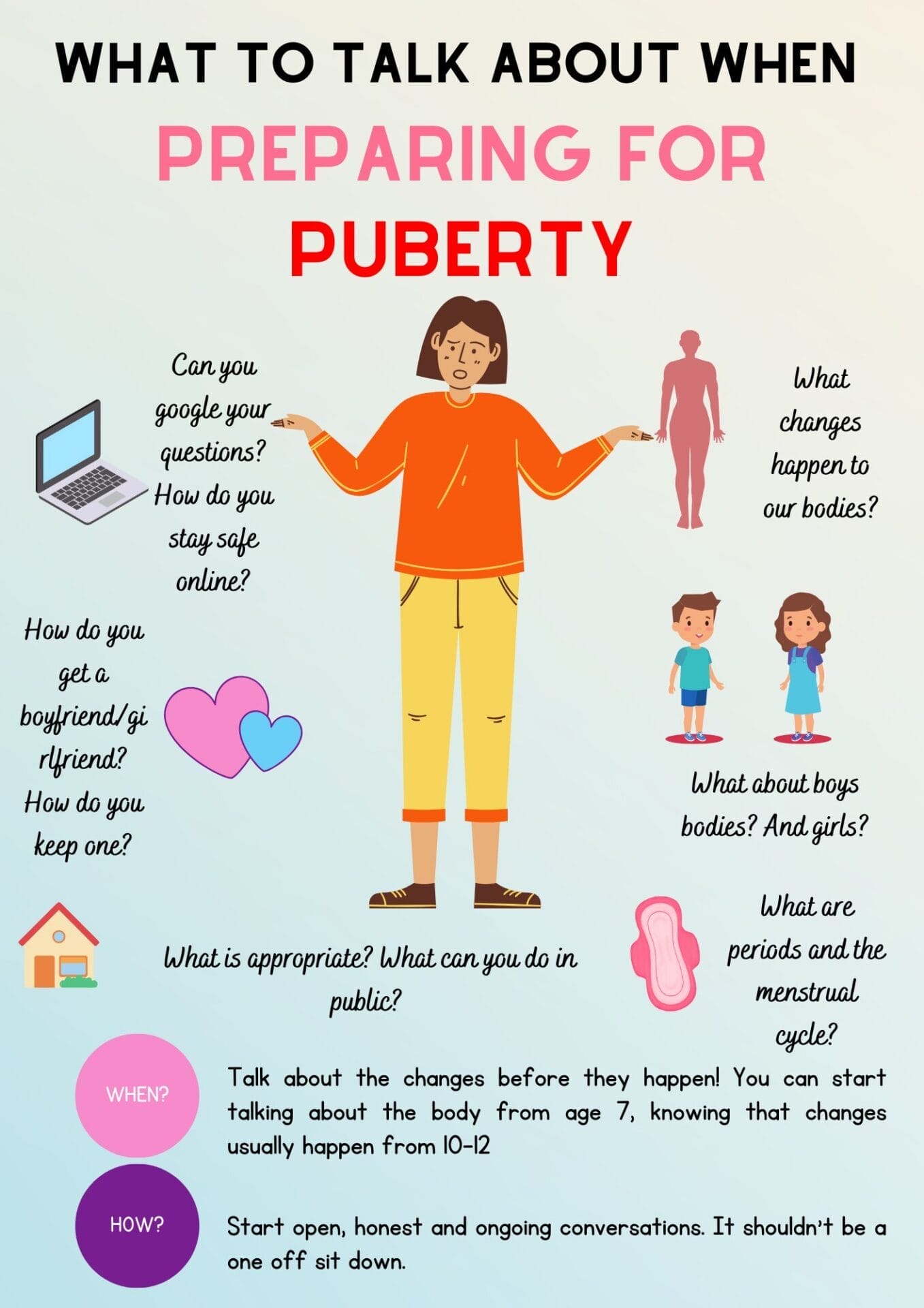

4.
Encourage open-ended questioning and create a safe space for autistic individuals to seek clarification without judgment.
5.
Implement flap systems or interactive elements that allow learners to control the pace and level of information exposure.
6.
Normalize menstrual conversations by discussing periods as a natural, everyday occurrence within appropriate contexts.
7.
Collaborate with autistic individuals during the development process to ensure accurate representation and usability.
8.
Highlight the sensory aspects of menstruation and how different individuals may experience them uniquely.
9.
Emphasize depth and detail when explaining menstrual products, their usage, and associated sensory experiences.

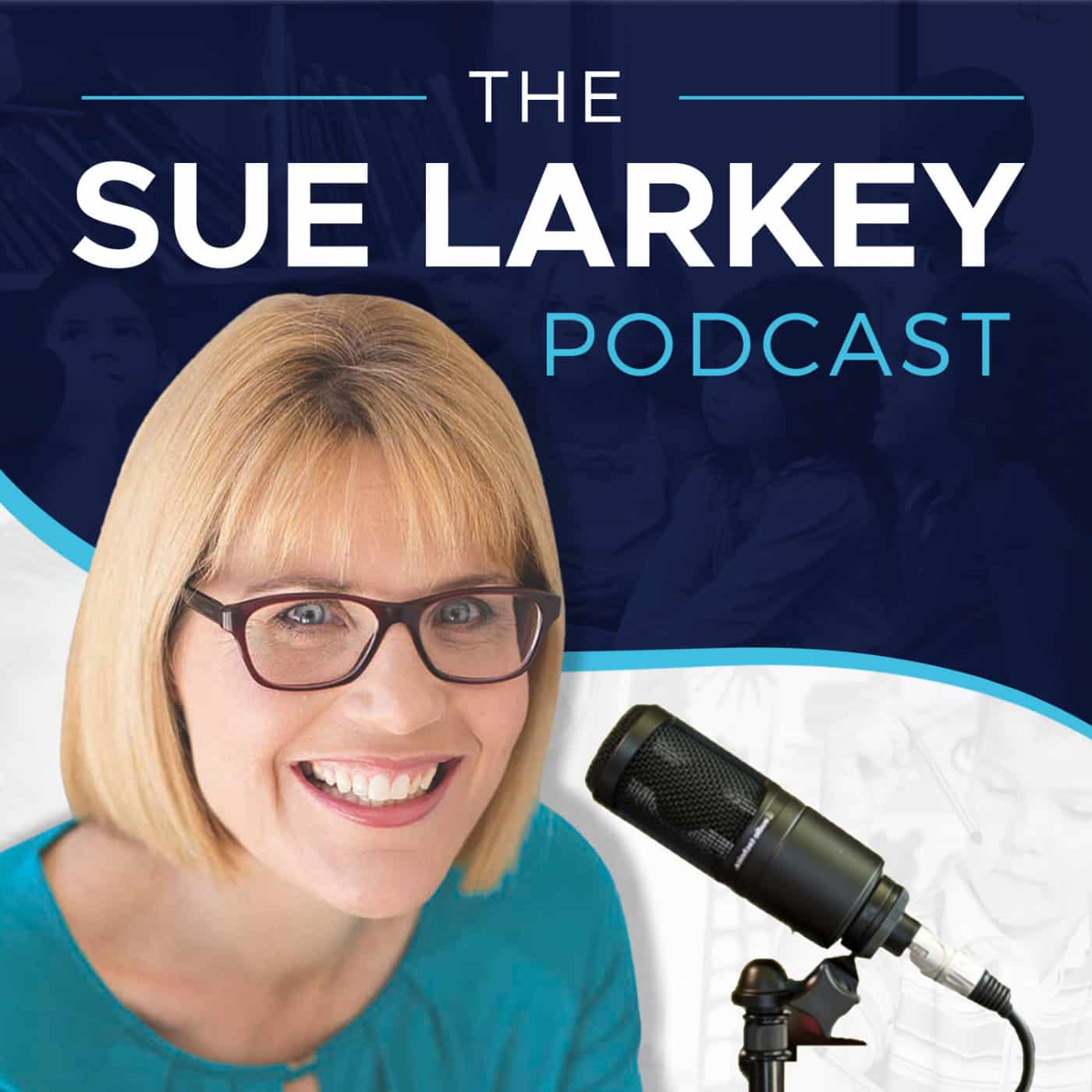
Join my newsletter for more awesome information about ASD
Join the facebook group specifically for this podcast – https://www.facebook.com/groups/suelarkeypodcastcommunity/
The Autism-Friendly Guide to Periods
Written by autistic author Robyn Steward, this is a detailed guide for young people aged 9 to 16 on the basics of menstruation. Created in consultation with young people, an online survey and a group of medical professionals, this is a book that teaches all people about periods, which can be a scary and overwhelming issue.
A straightforward guide for Girls aged 9-16.
$42.95
1 in stock
Download More info on Navigating Puberty and School & Home
Recommeneded Resources
-
Making Sense of Sex
$48.95 -
Secret Boys’ Business
$17.95 -
Secret Girls’ Business
$15.95 -
More Secret Girls’ Business
$17.95 -
Special Girls’ Business
$45.95 -
Special Boys’ Business
$45.95 -
Puberty and Special Girls
$45.95 -
The Secret Business of Relationships, Love and Sex
$20.95 -
The Asperger Teen’s Toolkit
$45.95
Conversations about puberty.
As part of puberty it is vital to talk about Public, Private and Protective Behaviour.
You will also need to discuss home and school behaviour and social skills. Some students will unknowingly exhibit embarrassing behaviours or share information or ask questions that are inappropriate – like asking a girl if she has her period, or a boy if he has pubic hair. I think all of us have seen those embarrassing moments and the key is to let them know when, where, who, etc – but also if they make a social mistake how to fit it up!
Ensure you let people with autism know the boundaries between illegal and legal websites.
A number of people with autism have got in trouble with the Police for looking at inappropriate websites so it is VITAL we educate and let them know what is appropriate. This is where the books are so much better as you can control access to information and read together!

Other Great Information
Contact your Local Family Planning. They have great resources and courses for kids with additional needs!
GREAT RESOURCES FOR PUBERTY EDUCATION
SECRET BOYS’ BUSINESS AND SECRET GIRLS’ BUSINESS SERIES
-
Making Sense of Sex
$48.95 -
Secret Boys’ Business
$17.95 -
Secret Girls’ Business
$15.95 -
More Secret Girls’ Business
$17.95 -
Special Girls’ Business
$45.95 -
Special Boys’ Business
$45.95 -
Puberty and Special Girls
$45.95 -
The Secret Business of Relationships, Love and Sex
$20.95 -
The Asperger Teen’s Toolkit
$45.95 -
Growing Up Book for Boys: What Boys on the Autism Spectrum Need to Know
$37.95 -
Awesome Autistic Go-To Guide: A Practical Handbook for Autistic Teens and Tweens
$42.95

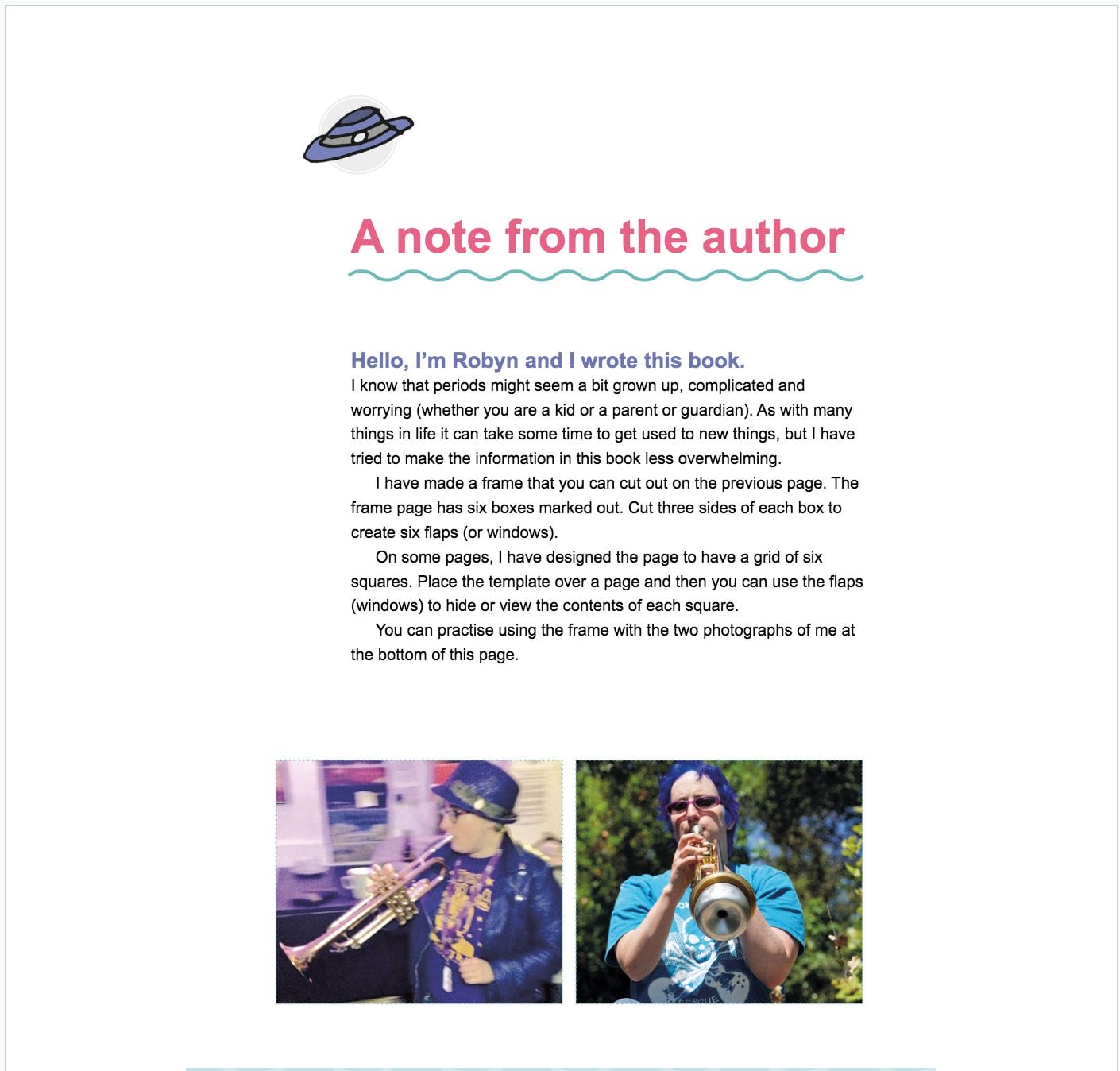
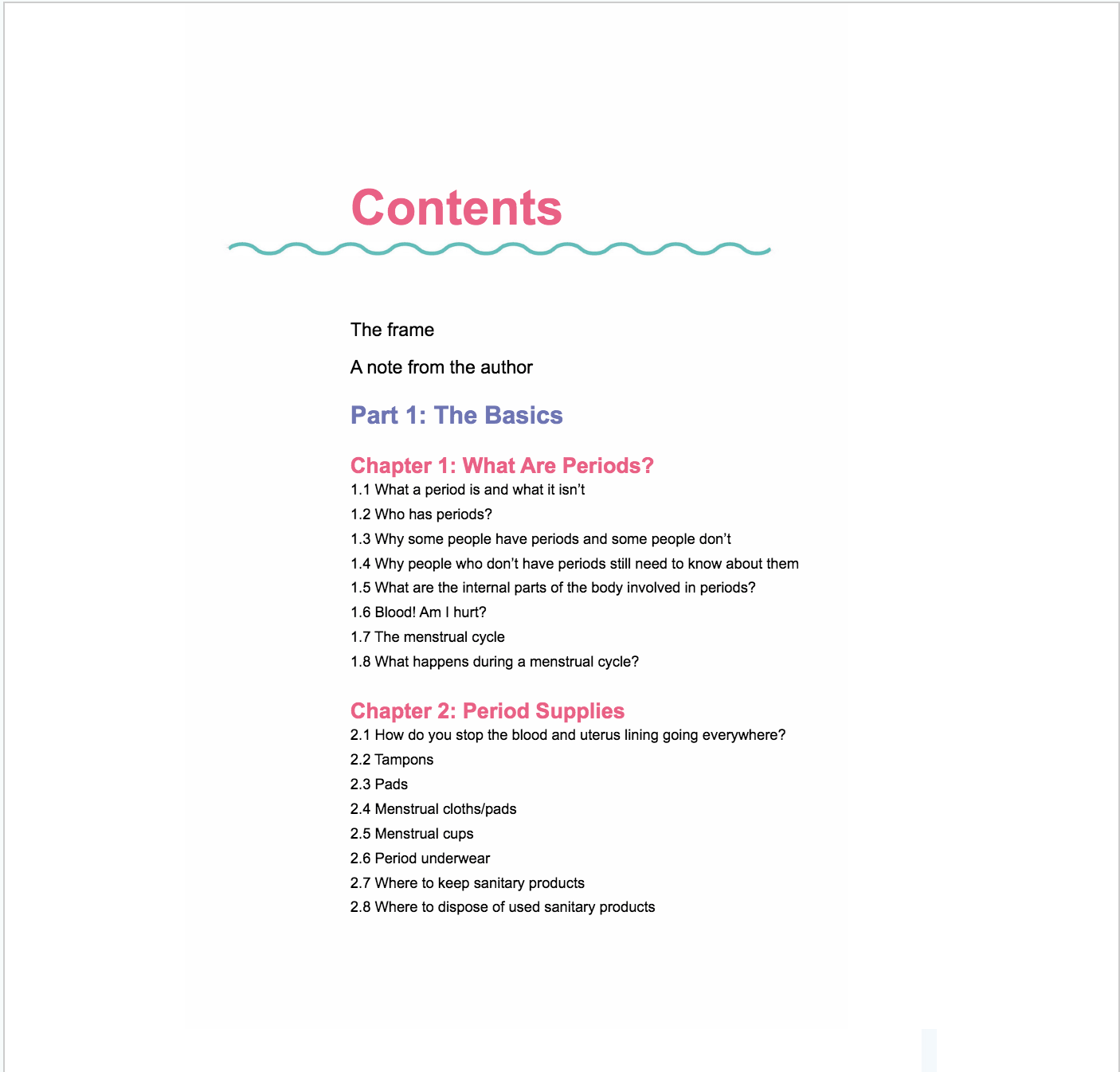











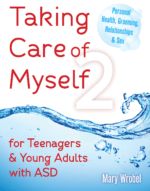



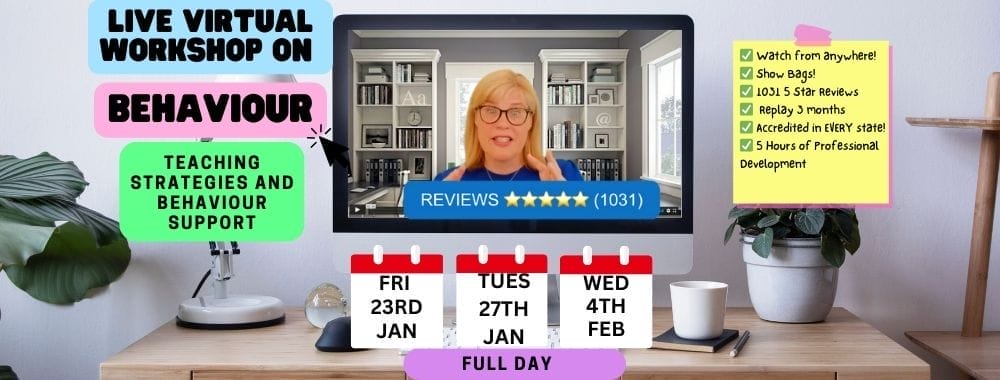

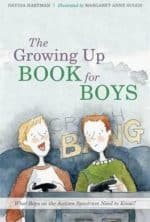




 Sorry we no longer ship items outside Australia. Please consider the digital versions of Sue’s Books –
Sorry we no longer ship items outside Australia. Please consider the digital versions of Sue’s Books – 